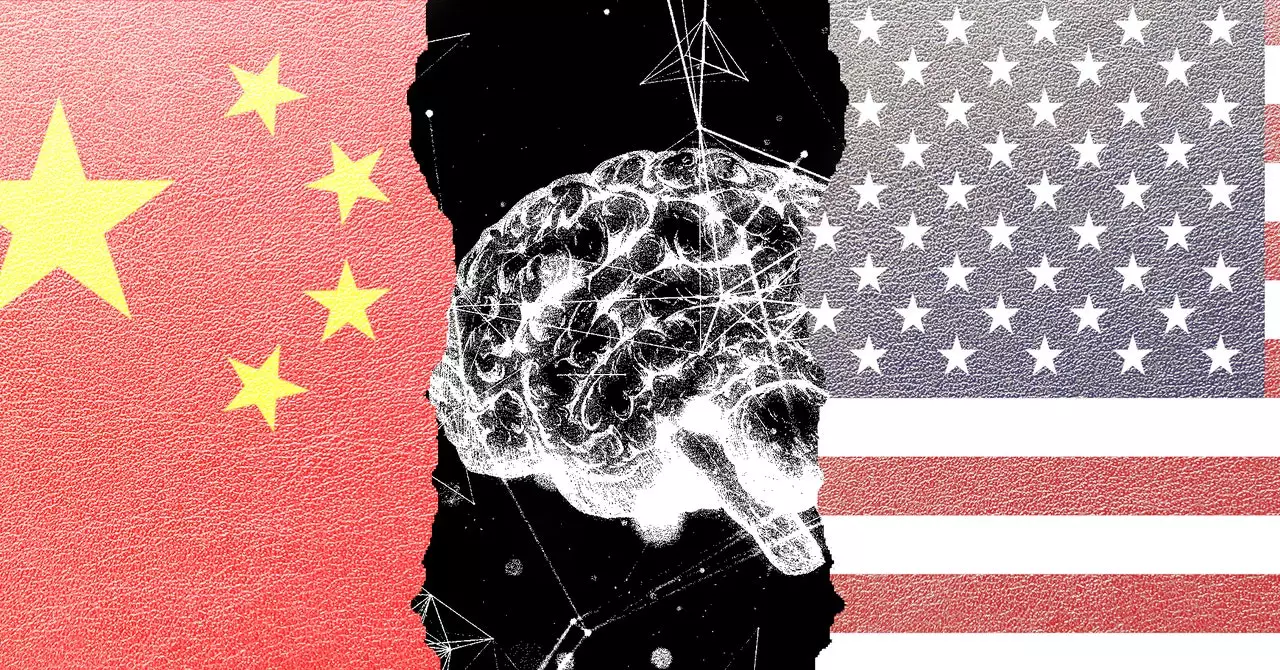The landscape of international investment, particularly concerning technology startups, has undergone a substantial transformation due to recent regulatory changes from the U.S. Treasury Department. As tensions between the United States and China heighten, particularly in the realm of artificial intelligence (AI), U.S. investors must now navigate an increasingly complicated terrain before committing to ventures in Chinese AI companies. This article delves into the immediate implications of these regulations, the broader geopolitical context, and the shifting dynamics of venture capital investments.
The new investment rules are set to take effect on January 2, compelling U.S. investors to conduct rigorous due diligence on Chinese AI startups. Unlike the mechanisms previously seen under the Committee on Foreign Investment in the United States (CFIUS), which provides a formal governance structure for scrutinizing foreign investments, this new approach shifts responsibility onto investors themselves. They are now tasked with self-assessing whether their investment fits within the defined thresholds, particularly the critical 1023-flops metric that covers most significant AI models.
This regulation invites concern over the burden it places on venture capitalists, who are already navigating a challenging landscape in an effort to maintain their international portfolios. The expectation to promptly report their findings to the Treasury Department creates an atmosphere of uncertainty; any missteps could lead not only to financial ramifications but also potential sanctions. Robert A. Friedman, an international trade lawyer, emphasizes that this obligation for ‘significant due diligence’ transforms how investors engage with the burgeoning market of Chinese AI startups.
While these measures have been applauded by domestic AI firms keen on securing their competitive advantages over foreign entities, they also pose a significant hurdle for venture capitalists with cross-border interests. The notion that investors must effectively monitor their investments in overseas companies can deter potential partnerships, particularly given the precarious nature of U.S.-China relations. This regulatory atmosphere draws into question whether venture capitalists can sustainably manage their investments while complying with these stringent requirements.
Additionally, significant players like Tesla or Blackstone—rooted in the American business landscape yet heavily involved in China—might feel the repercussions of these new limitations. For firms led by prominent pro-Trump billionaires, the imposition of these restrictions could jeopardize ongoing and future business dealings, prompting them to engage in advocacy to roll back these rules.
The geopolitical backdrop against which these regulations have emerged is equally complex. The U.S. government’s strategy, often summarized as a “small yard, high fence,” showcases their intent to secure and control specific sectors deemed crucial to national security. Yet, with speculations regarding the potential return of a Trump administration and its accompanying foreign policy dynamics, the landscape could shift dramatically. Experts suggest that a Republican government may reverse current restrictions or expand their scope to include other industries, creating further unpredictability for investors.
The efforts to align with G7 nations to implement similar restrictions signal a coordinated approach to counter China’s growing influence in technology, ensuring that investments are closely monitored across allied countries. As a result, Chinese companies may soon find alternative funding avenues closing as historical cross-border capital flows become subject to intensified scrutiny.
The enactment of new investment restrictions underscores a transformative moment in the global investment landscape. For U.S. investors, the landscape of engaging with Chinese AI startups is fraught with new challenges and heightened responsibilities. While the measures aim to bolster national security, they simultaneously sow seeds of uncertainty across various sectors of the economy. As investors brace for potential repercussions in a geopolitical arena that continues to evolve, the future of these relationships will be shaped by the careful balance between pursuing innovation and adhering to regulatory demands. The dynamics of international venture capital are fast changing, and stakeholders must adapt promptly to the new reality that governance and geopolitics profoundly influence investment strategies.


Leave a Reply